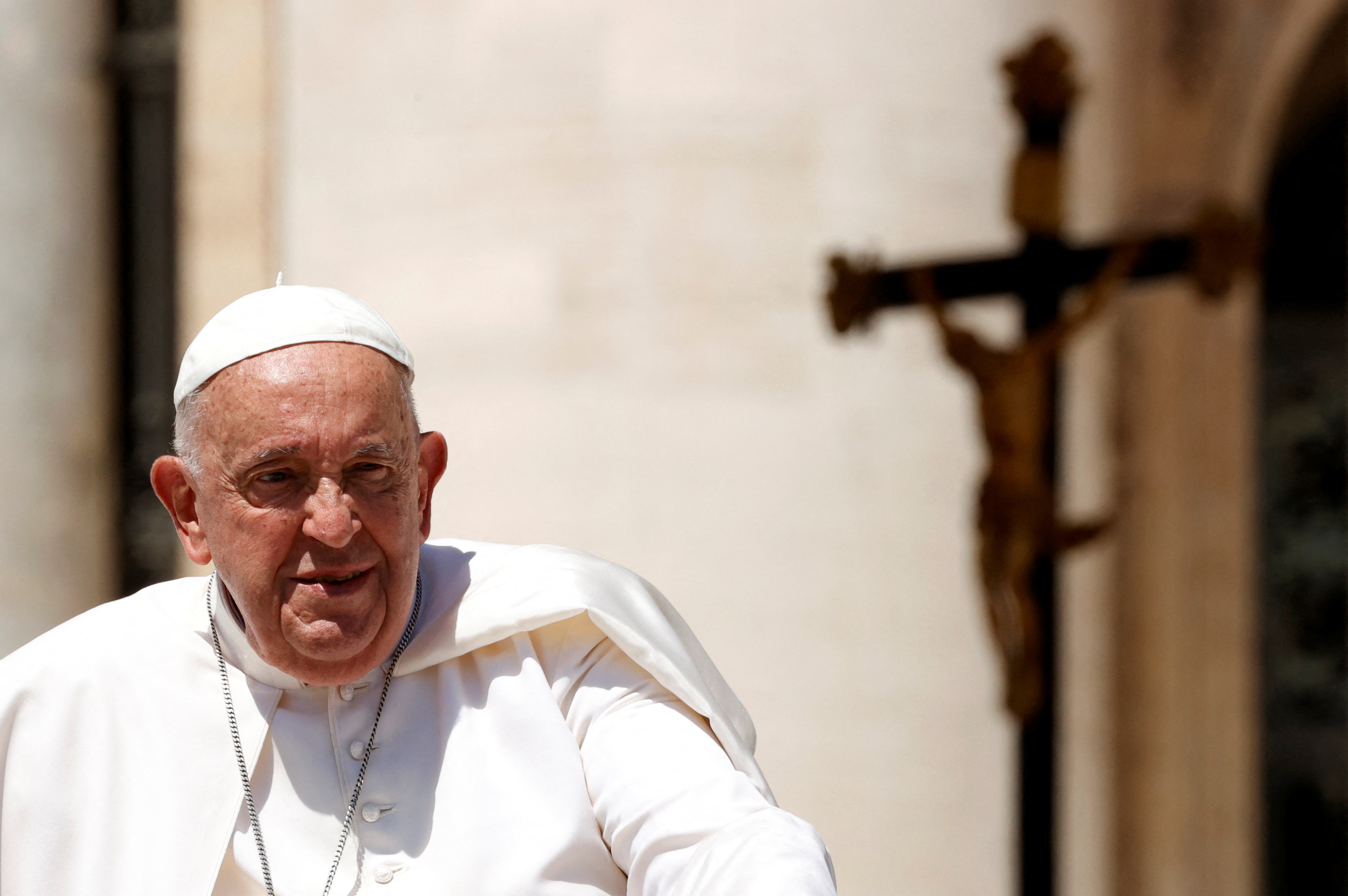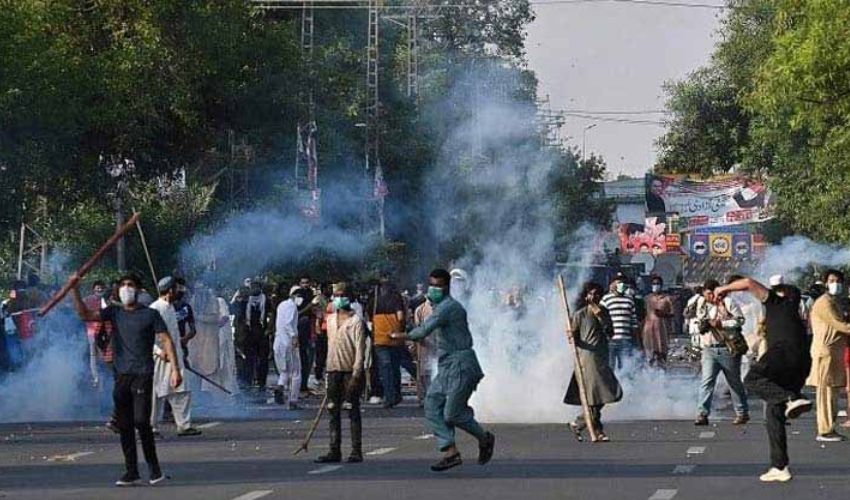Pope Francis made history by addressing the Group of Seven (G7) summit, where he delivered a message emphasizing the ethical and societal implications of artificial intelligence (AI), according to Reuters.
The Pope stressed the importance of ensuring that AI technology is always subject to human oversight. He cautioned against allowing AI to make decisions that could compromise human life and dignity, advocating strongly that no machine should have the power to decide to take a human life.
Pope Francis warned against a future where human beings lose the ability to make decisions about their own lives, becoming overly dependent on algorithms and machines. He highlighted the risk of relegating human decision-making to automated systems, which could lead to a future "without hope."
He acknowledged the potential of AI to bring positive advancements and increase access to knowledge worldwide. However, he also pointed out the risk of exacerbating inequalities between nations and social classes. Pope Francis urged political leaders to create conditions where AI benefits are distributed equitably and used responsibly.
The Pope underscored that while individuals can harness AI for good, it is primarily the responsibility of political leaders to regulate and shape policies that govern AI usage. He referenced Italy's recent legislation aimed at regulating AI as a step towards creating a framework that ensures AI is used in a way that benefits society.
Pope Francis received a warm welcome at the summit, greeted warmly by fellow leaders including President Javier Milei, King Abdullah of Jordan, Prime Minister Justin Trudeau of Canada, and had a significant private conversation with US President Joe Biden.
Overall, Pope Francis' address at the G7 summit highlighted the dual promise and peril of AI technology, emphasizing the critical role of ethical oversight and political stewardship in shaping its future impact on humanity.



























